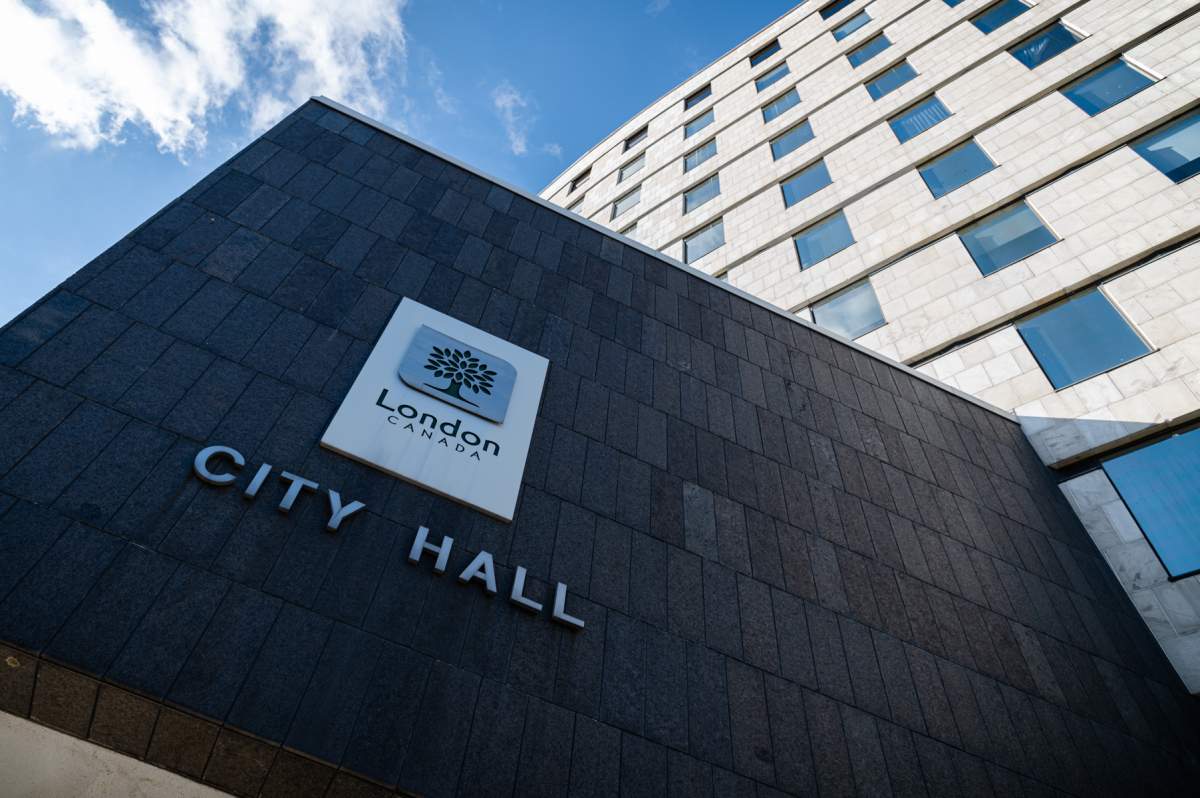London, Ont., is one step closer to a bylaw that would limit or even prevent bad faith use of N13 notices, commonly known as renovictions.

A N13 notice is used by landlords to inform tenants that significant renovations need to be done to their units and they need to relocate.
While some N13s are in good faith, some landlords have been accused of abusing the notice to evict current tenants so rent can be increased.
At a Monday meeting of city council’s community and protective services committee, councillors voted unanimously to receive a report from city staff outlining potential solutions to renovictions in London.
“The intent of any potential by-law would not be to stop necessary maintenance and upgrades to the existing rental housing stock,” the staff report reads.
“The intent would be to help protect tenants from bad faith renovictions which have the consequence of displacing people and furthering the housing affordability crisis.”

The report suggests exploring a renoviction and relocation bylaw similar to a proposal in Hamilton, where landlords issuing an N13 notice have to obtain a renovation licence from the municipality for $715 per unit.

Get breaking National news
In addition, the landlord needs to prove that the unit must be vacant for the renovation to be done safely and tenants can opt to return to their apartment after work is complete. If they choose to do so, a comparable unit must be arranged for them by the landlord for the duration of the renovation.
Ward 6 Coun. Sam Trosow praised the report and suggested expediting the bylaw by copying Hamilton’s.
“It seems to me, other than changing the words Hamilton and London … this bylaw is good to go,” Trosow said.
“The reality on the ground is that tenants need this relief, I don’t want to delay this three months because so much good work has been done.”
However, staff warned against just copying the bylaw word for word from Hamilton.

“Hamilton is looking at hiring eight full-time staff to implement their bylaw including three licensing staff, three bylaw officers, a solicitor, a housing clerk,” said Orest Katolyk, the city’s chief municipal law enforcement officer.
“Implementing the Hamilton model not only impacts municipal compliance services, it also impacts Mr. Dickens’s service area and legal as well because we will see additional property standard appeals out of this.”
Katolyk recommended following the standard procedure for bylaws, including having public participation meetings on proposed bylaws.
Ward 13 Coun. David Ferreira seconded the notion of not copying the bylaw directly.
“A Hamilton bylaw would not necessarily be applicable to the City of London with respect to the fees, the resources industry, individuals who are on the supply side,” Ferreira said.
“This is why we have this motion here … we would like staff to look into these matters and speak with the different stakeholders available just so we can have something that fits London very well.”
Ward 12 Coun. Elizabeth Peloza said in order to get this bylaw right, staff needs the proper time to work on it, rather than a timeline from council.
“No doubt there will be people out there looking for a legal challenge,” Peloza, who also serves as committee chair, said.
“I wouldn’t ever want it to be that London rushed things too much, didn’t do our full diligence and we’re the thread that starts unraveling the good work that advocacy groups are trying to do.”
The community and protective services committee directed staff to report back regarding a renoviction bylaw along with cost estimates for enforcement and fees by the end of June. A public participation meeting will be held when the bylaw is introduced.








Comments
Want to discuss? Please read our Commenting Policy first.